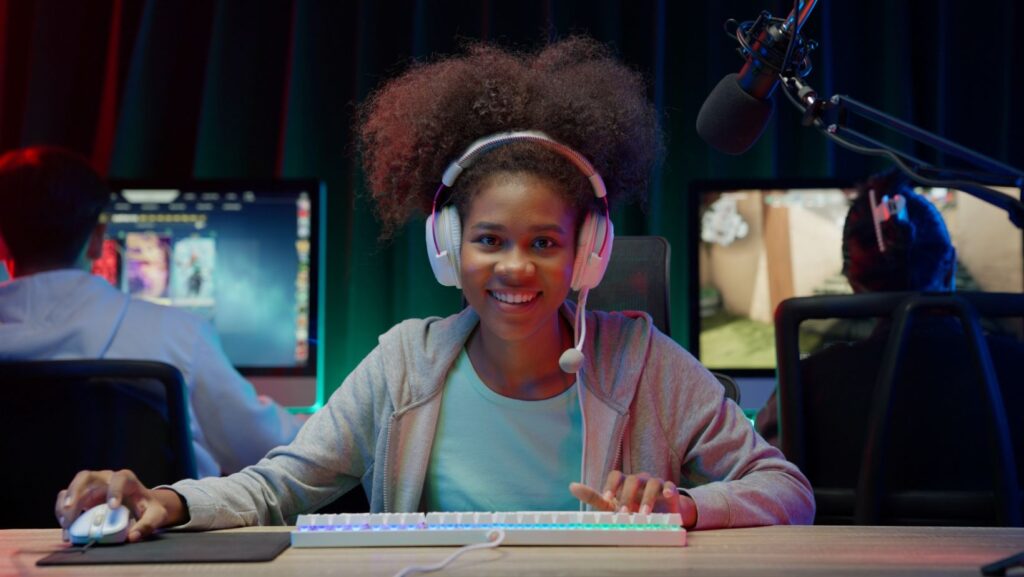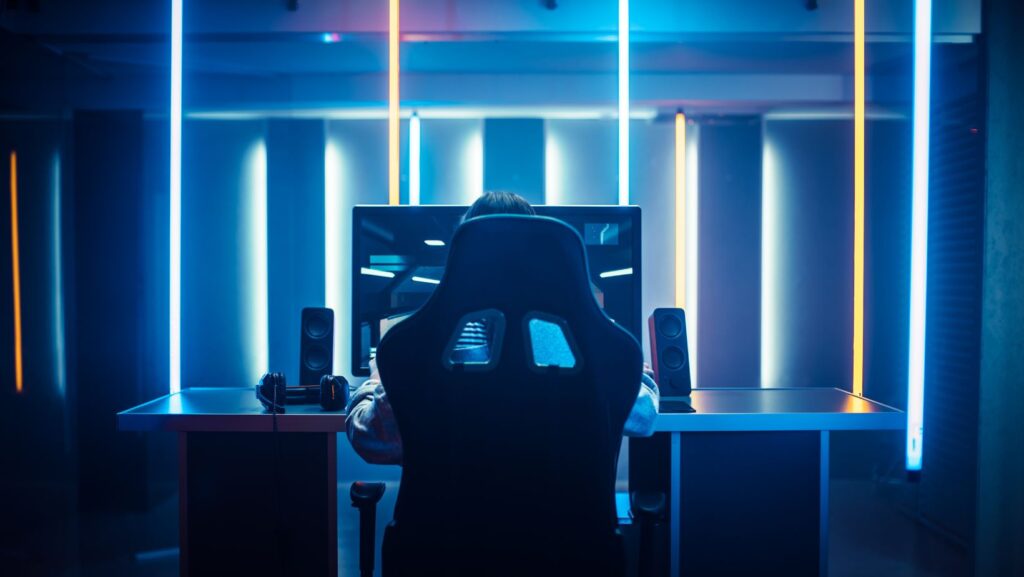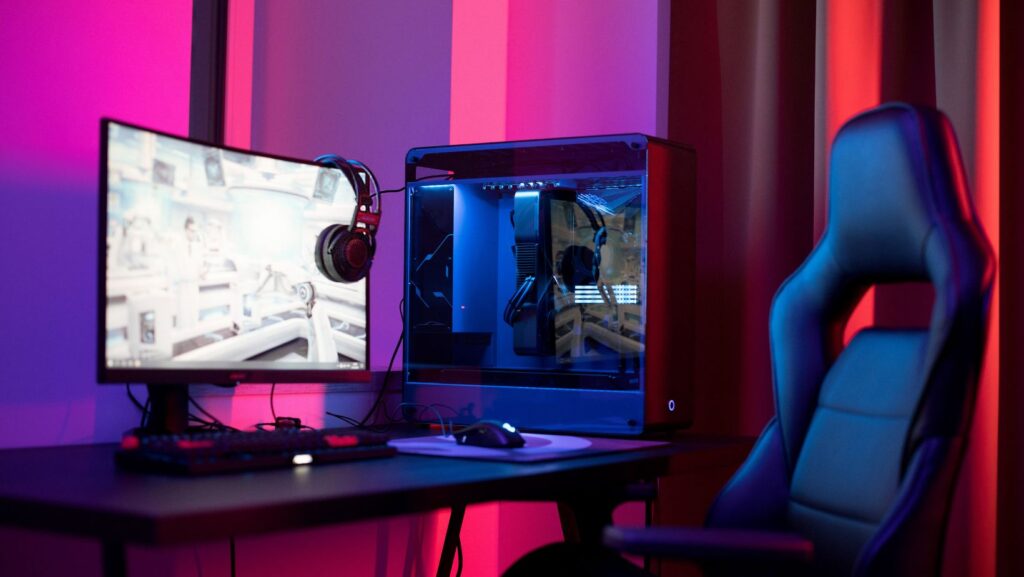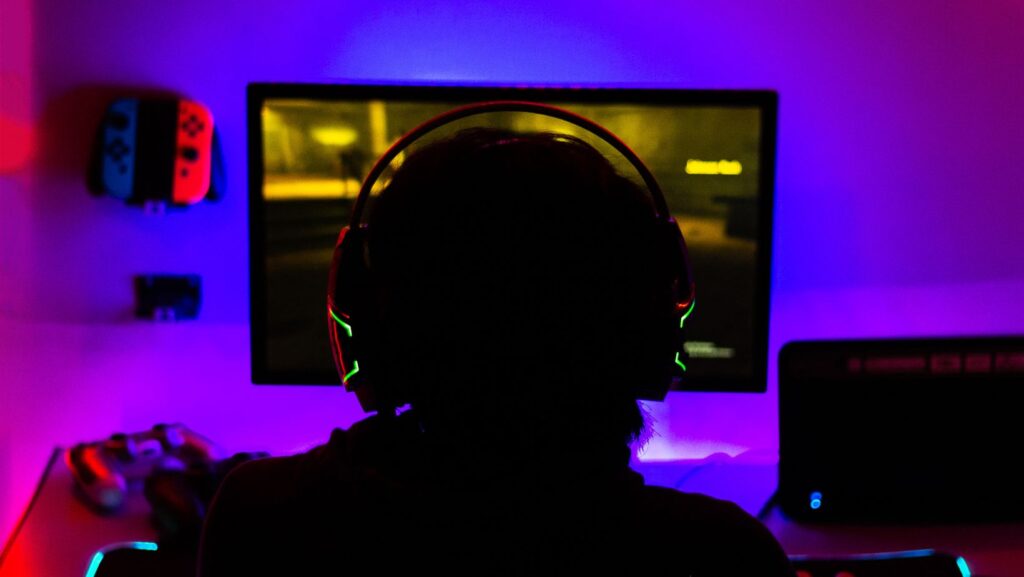
First Gaming Computer
When diving into the world of gaming, the quest for the perfect first gaming computer can be both exciting and overwhelming. Finding the ideal balance between performance, price, and future-proofing is crucial for a memorable gaming experience. As a tech enthusiast, I remember vividly my journey to select my inaugural gaming rig – a decision that shaped my gaming adventures.

Researching components such as graphics cards, processors, RAM, and storage options was like unraveling a complex puzzle. Each piece had to fit perfectly to ensure seamless gameplay without breaking the bank. Comparing benchmarks, reading reviews, and delving into forums became my daily routine as I navigated through the vast sea of options available in the market.
The thrill of customizing every aspect of my first gaming computer – from choosing the case with RGB lighting to fine-tuning overclocking settings – added a personal touch to the whole process. It wasn’t just about owning a machine; it was about crafting an extension of myself in the digital realm. The satisfaction of hitting that power button for the first time and immersing myself in breathtaking graphics made all the research and decisions worthwhile.
Evolution of Gaming Computers
When delving into the evolution of first gaming computer, it’s fascinating to witness how these machines have progressed over the years. From humble beginnings to powerhouse rigs, gaming computers have undergone remarkable transformations driven by technological advancements and consumer demands.
Early Beginnings
- In the early days, gaming computers were rudimentary systems primarily used by hobbyists and enthusiasts.
- These machines featured basic graphics capabilities and limited processing power compared to today’s standards.
- Games were simpler in terms of graphics and gameplay due to hardware constraints.

Technological Advancements
- With rapid technological advancements in processors, graphics cards, and storage, gaming computers evolved into high-performance devices capable of running graphically demanding games at smooth frame rates.
- The introduction of dedicated GPUs revolutionized gaming experiences by enhancing visual fidelity and rendering complex environments with ease.
- The rise of online multiplayer gaming further fueled the need for powerful hardware to support seamless gameplay without lags or stutters.
Customization and Innovation
- One significant aspect of the evolution is the emphasis on customization options available to gamers. Building custom PCs became a popular trend among enthusiasts seeking optimal performance tailored to their preferences.
- Manufacturers started offering a wide array of components catering specifically to gamers, including RGB lighting, liquid cooling systems, ergonomic designs, and overclocking capabilities.
Future Trends
- Looking ahead, the future of gaming computers seems poised for even more groundbreaking developments. Technologies such as ray tracing, AI-driven enhancements, and cloud-based gaming are shaping the next generation of immersive gaming experiences.
- As hardware continues to advance rapidly, we can expect gaming computers to become increasingly potent while also focusing on energy efficiency and sustainability measures.
Features to Consider in a First Gaming Computer
When diving into the realm of selecting your first gaming computer, it’s important to weigh several crucial features that can significantly impact your gaming experience. Here are some key considerations to keep in mind:

- Graphics Card (GPU):
- One of the most vital components for a gaming PC is the graphics card. It determines how well your games will run and how visually stunning they’ll appear.
- Opt for a dedicated GPU rather than relying on integrated graphics, as dedicated GPUs offer superior performance for gaming.
- Processor (CPU):
- The CPU is the brain of your system and plays a critical role in overall performance.
- Look for CPUs with multiple cores and high clock speeds to handle modern games efficiently.
- RAM (Memory):
- Sufficient RAM is essential for smooth gameplay and multitasking while gaming.
- Aim for at least 8GB of RAM, but ideally, go for 16GB or more to future-proof your system.
- Storage:
- Fast storage options such as SSDs can significantly reduce loading times in games.
- Consider a combination of SSD for faster boot times and game loading, paired with a larger HDD for mass storage needs.
- Cooling System:
- Intensive gaming sessions can generate heat, so proper cooling is crucial to prevent overheating.
- Invest in quality cooling solutions like fans or liquid coolers to maintain optimal temperatures during extended play sessions.